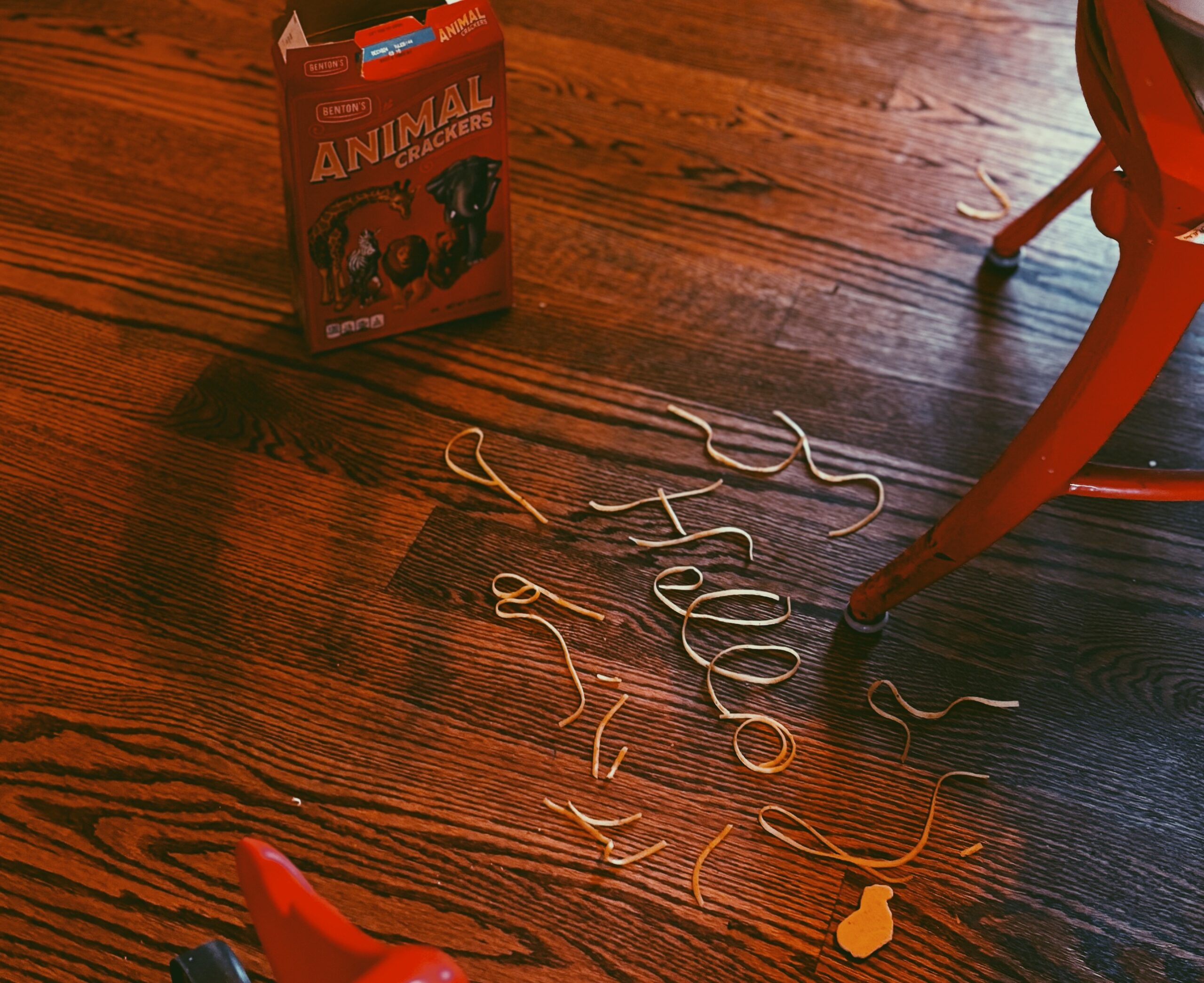Have you ever found yourself deep in the comments section of a social media post, reading through people’s takes on a celebrity’s latest breakdown, or a viral video where someone behaves oddly? It seems like everyone suddenly turns into a mental health expert online, diagnosing strangers with an array of psychological conditions.
This phenomenon isn’t just confined to a few obscure corners of the internet; it’s widespread across nearly all platforms where people can observe and comment on the behavior of others. Let’s dive into why this trend is so captivating.
The Allure of Playing Armchair Psychologist
Humans are naturally curious creatures. We have an innate desire to understand what makes others tick—especially when their behavior strikes us as unusual or erratic. This curiosity is amplified in the digital age, where we’re constantly bombarded with snippets of countless lives, all just a click away. Online, we can speculate and share opinions without having to face the individuals involved, sheltered by the screen that divides us.
On the internet, you don’t need a degree in psychology to throw around terms like “narcissistic” or “bipolar.” The distance provided by cyberspace makes it easier for us to detach from the real human implications of our diagnoses. It’s kind of like how we can shout at characters in a horror movie to not go into the basement—it’s easier from the safety of our couch.
The Influence of Pop Psychology
Pop psychology has seeped into everyday conversations, and its influence is especially palpable online. Shows like “Dr. Phil” or podcasts on psychological phenomena have democratized psychological knowledge, for better or worse. These media often distill complex mental health issues into digestible bits that we then feel competent to discuss.
This exposure makes complex terms accessible and, sometimes, we might feel it even qualifies us to identify such traits in people we’ve never met. It’s tempting to use this bite-sized knowledge to label online behaviors. After all, if you can recognize the symptoms, why not call them out?
Community and Identity in Online Spaces
Diagnosing strangers online often isn’t just about the act itself—it’s about what comes after. Engaging in these discussions can tether you to a community of like-minded amateur psychologists. Together, you dissect characters from a TV show or influencers’ latest posts, creating a shared bond.
This community bond is reinforced through agreement and validation from peers, which solidifies one’s identity within the group. “Did you see her video? She’s definitely got XYZ disorder.” Someone else agrees, and suddenly, you’re not just a spectator; you’re a contributor, recognized by your peers for your insights.
The Role of Empathy and Concern
While it might be easy to criticize the practice as mere gossip, sometimes the intentions behind these online diagnoses stem from a place of genuine concern. Many of us have learned enough about mental health issues to recognize when someone might be struggling. Discussing these potential struggles online can sometimes be a misguided attempt at empathy.
We see a celebrity looking disheveled in a paparazzi photo and think, “He looks like he’s going through a rough time, maybe he’s depressed.” This concern, even when expressed through the lens of an unqualified diagnosis, often comes from a place of wanting to understand and empathize with the suffering of another—even if that person is a complete stranger.
Power Dynamics and the Illusion of Control
One of the less discussed but equally fascinating aspects of diagnosing strangers online is the power dynamic it introduces. When we offer diagnoses, we’re not just participating in idle gossip; we’re exerting a form of control over how others are perceived. This can be particularly intoxicating in an online world where we often feel powerless, watching the lives of the rich and famous unfold.
For example, suggesting a celebrity has a personality disorder after a controversial interview doesn’t just label them—it subtly shifts how others might view their actions. It’s a way for individuals to feel like they have a say, however small, in the narratives that dominate our screens. This illusion of control can be compelling, making us feel like part of the story rather than just passive consumers.
The Feedback Loop and Social Media Algorithms
The mechanics of social media reinforce and perpetuate the behavior of diagnosing strangers. Algorithms are designed to feed us content that we engage with, creating a loop. The more we participate in discussions about someone’s mental state, the more similar content we see. This not only normalizes the behavior but also strengthens our engagement with the platform.
Social media is like a giant echo chamber—if you express an interest in mental health diagnoses, you’ll find yourself surrounded by similar voices. These algorithms can make it seem like our viewpoints are always supported, which bolsters our confidence in making public diagnoses. And when our comments get likes and shares, it feels like a nod of approval, encouraging us to continue.
Ethical Considerations and the Implications of Misdiagnosis
Discussing the potential mental health issues of strangers online isn’t without its ethical dilemmas. Misdiagnosing someone can have real-world consequences, spreading misinformation that might be taken as fact by others. It’s a delicate balance between engaging in a discussion and potentially influencing perceptions based on unfounded claims.
Moreover, while these discussions can sometimes bring awareness to mental health issues, they can also trivialize serious conditions. Tossing around diagnoses without proper context or understanding reduces complex conditions to mere labels used for entertainment. It’s important to remember that behind every discussed diagnosis is a real person potentially affected by these public speculations.
Why do we find ourselves drawn to diagnosing strangers online? It seems to be a mixture of genuine curiosity, a desire for community, a touch of empathy, and not insignificantly, the love of the power it gives us in crafting narratives. This trend shows how the internet has evolved into a space where the lines between public and private, expert and amateur, empathy and entertainment blur.
We’re all looking for connection and understanding in a world that often seems disjointed. Online diagnoses offer a way to engage with others, to feel a little more in control, and to partake in a larger conversation. While it’s crucial to approach such activities with an awareness of their implications, they also reveal much about our collective psyche and how we interact in the digital age.
















